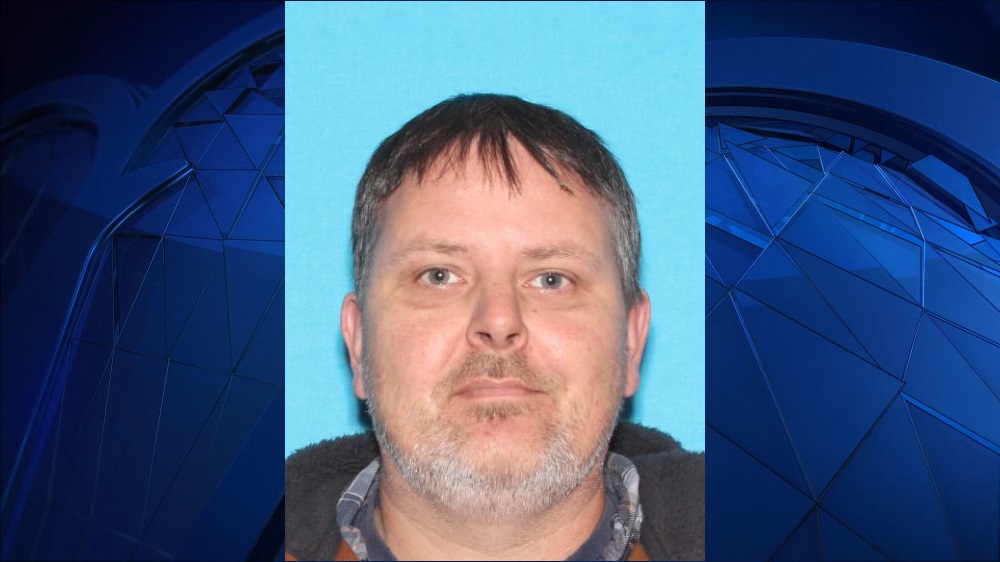A Maine police officer who had his cruiser rear-ended by a distracted driver in 2010 is hoping a bill on prohibiting driving while holding a cell phone soon passes.
Rocco Navarro, a South Portland officer said he had stopped to help another car that was out of gas when he was struck.
"Everything just went black," said Navarro who suffered injuries to his kidneys and a severe concussion.
Years later after a months-long recovery, Navarro gives out brochures to drivers he stops on probable cause of being distracted — showing a picture of his totaled cruiser.
Navarro wants stricter state laws for handheld device use while Maine drivers are behind the wheel, like the legislation sitting on Gov. Janet Mills' desk. The bill is awaiting her signature.
The bill would require drivers to be hands-free when using handheld electronic devices like cell phones while they are operating a vehicle.
Right now, Maine law allows drivers to do many different things with a phone except text and drive.
Maine
The latest news from around the state
"I knew at some point we would there," said Navarro. "I didn't think it would take eight years."
Drivers will still be allowed to make 911 calls, use phones over a Bluetooth connection and use a phone placed on or in a dashboard mount.
AAA of Northern New England is another big supporter for the bill. The group has been displaying a car recovered from a non-fatal Maine crash caused by distracted driving to encourage drivers not to drive "intexticated."
"In the United States, we experience about nine people that die every day," said Pat Moody, a spokesman for the motorist group.
But despite those statistics, Moody says many distracted driving incidents go unreported which means it is "difficult to gauge how big a problem it is."
Both AAA and Navarro say they know some people are upset about the proposed change.
Maine has allowed drivers to make cell phone calls and adjust music and GPS apps for a long time.
But the groups say change has to happen because without it, the existing law meant to stop texting while driving is hard to enforce.
"You'll pull up to a stop light and see someone playing on their phone, I have probable cause to stop that vehicle," said Navarro. "If someone says I wasn’t texting, there’s no way I can prove that they weren't."
Mills has roughly a week-and-a-half to two weeks to sign the bill into law.
If it gets his signature as is, the penalty for using a device while driving would be a $75 fine for the first offense, $150 for the second and any after that within a three-year span.



